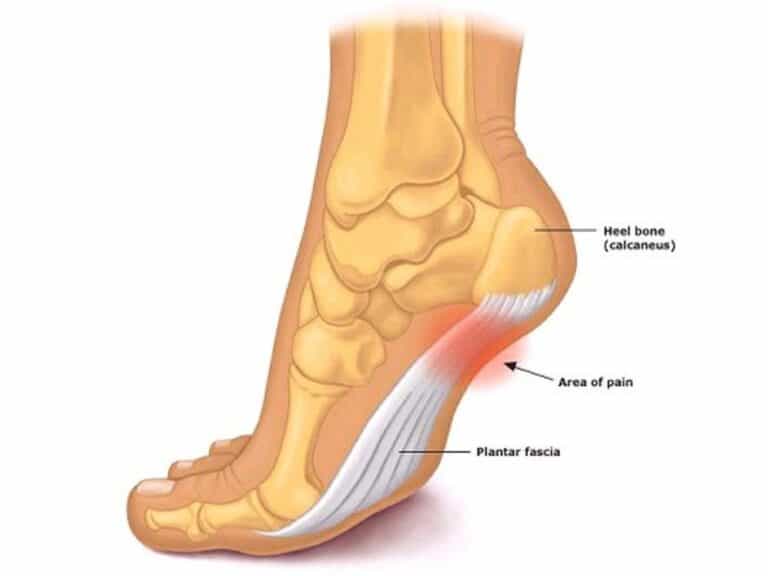The Benefits of Physiotherapy for Chronic Pain
Living with chronic pain can be debilitating, affecting various aspects of one’s life. While medications can provide temporary relief, they often come with side effects and fail to address the root cause. This is where physiotherapy plays a crucial role. Physiotherapy offers a holistic and multidimensional approach to chronic pain management, providing long-term relief, improved functionality, and enhanced quality of life.
Customized Treatment Plans
Physiotherapy offers individualized treatment plans tailored to the specific needs of each patient. A skilled physiotherapist will conduct a comprehensive assessment to identify the underlying causes of chronic pain. By addressing these root causes, physiotherapy aims to alleviate pain and enhance overall well-being.
Pain Reduction
Physiotherapy employs a variety of techniques and modalities to reduce pain. Manual therapies such as joint mobilization, soft tissue mobilization, and myofascial release can help alleviate muscle tension, reduce inflammation, and restore normal movement patterns. Additionally, therapeutic exercises, including stretching and strengthening routines, can improve muscle flexibility, joint stability, and posture, thereby minimizing pain levels.
Improved Functionality and Mobility
Chronic pain often limits an individual’s mobility and functional abilities. Physiotherapy interventions, such as therapeutic exercises and functional training, aim to restore and improve physical function. Through targeted exercises and movement retraining, physiotherapy helps individuals regain strength, flexibility, and range of motion, enabling them to perform daily activities with greater ease.
Non-Pharmacological Approach
Physiotherapy provides a non-pharmacological alternative for chronic pain management, reducing reliance on medications and their potential side effects. By utilizing evidence-based techniques, physiotherapists empower patients to actively participate in their own recovery journey. This patient-centered approach promotes self-management strategies and encourages long-term pain relief through natural means.
Education and Self-Management
Physiotherapists play a vital role in educating patients about their condition, providing valuable insights into pain mechanisms, ergonomic modifications, and lifestyle adjustments. By understanding the factors that contribute to chronic pain, patients can make informed decisions and adopt self-management strategies. This education empowers individuals to take control of their pain and make positive lifestyle changes, ultimately reducing pain levels and improving overall well-being.
Psychological and Emotional Support
Chronic pain often takes a toll on an individual’s psychological and emotional well-being. Physiotherapists are trained to address these aspects, providing support and guidance throughout the rehabilitation process. Techniques such as relaxation training, cognitive-behavioral therapy, and stress management strategies are integrated into physiotherapy sessions to promote emotional well-being and enhance pain coping mechanisms.
Physiotherapy offers a comprehensive and effective approach to chronic pain management, focusing on the individual’s overall well-being rather than just symptom suppression. Through customized treatment plans, pain reduction techniques, improved functionality, patient education, and psychological support, physiotherapy empowers individuals to manage chronic pain and reclaim their lives. If you’re experiencing chronic pain, consult a qualified physiotherapist who can develop a personalized treatment plan to help you on your path to recovery.
Also see; The Benefits of Exercise
References
- Geneen LJ, et al. Physical activity and exercise for chronic pain in adults: an overview of Cochrane Reviews. Cochrane Database Syst Rev. 2017;4(4):CD011279.
- Lee JH, et al. Effects of exercise interventions on pain, disability, and psychological outcomes in patients with chronic pain: a systematic review and meta-analysis. Clin J Pain. 2019;35(11):995
















